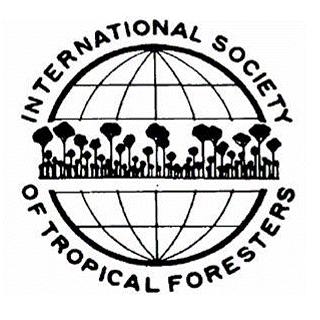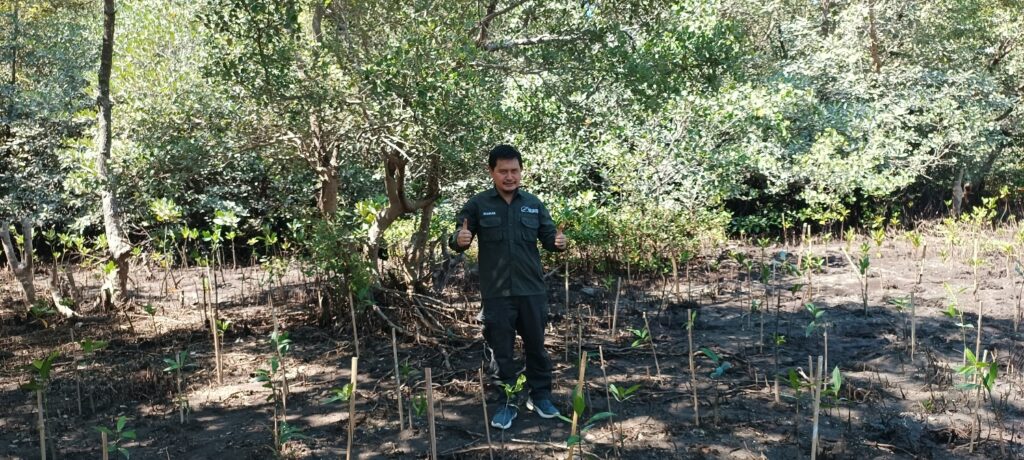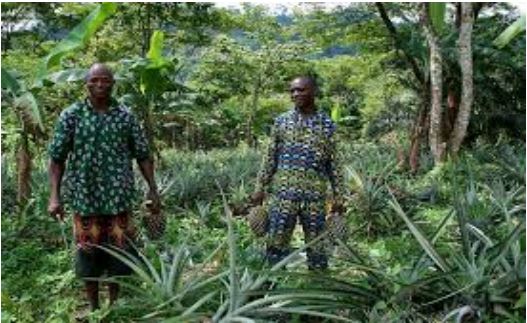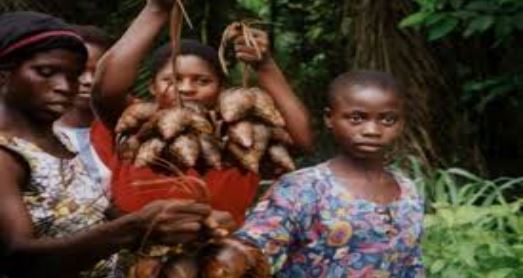Invitations to ISTF Virtual Regional Meetings
Invitations to ISTF Virtual Regional Meetings | Invitaciónes a los Reuniones Regionales Virtuales de la ISTF | Invitations aux réunions régionales virtuelles de l’ISTF. There will be 5 regional meetings: 20 Nov Asia-Pacific, 21 Nov Africa-Europe in English and Americas in English, 24 Nov Africa-Europe in French and Americas in Spanish. Please see below for times and registration.
(All members of ISTF are welcome, to any session whatever their region. | Todos los miembros de ISTF están bienvenidos a cualquier sesión, de cualquier region. | Tous les membres de l’ISTF sont les bienvenus à n’importe quelle session, quelle que soit leur region.)
1. The ISTF Asia- Pacific Regional Meeting in ENGLISH will be held on Thursday 20 Nov 2025 at 09:30-11:30 UTC; 13:00-15:00 Iran (UTC+3:30); 14:30-16:30 Pakistan (UTC+5); 15:00-17:00 India (UTC+5:30); 15:15-15:45 Nepal (UTC+5:45); 1630-1830 Jakarta (UTC+7); 17:30- 19:30 Philippines and China, (UTC+8); 21:30-23:30 Fiji (UTC+12) (Check the time in your time zone at https://www.timeanddate.com/worldclock/converter.html.) The purpose of the meeting is to share our observations and concerns about forestry issues in our countries. Register at THIS LINK https://forms.gle/f6iJ3ZZRr5CVKc6f7 . You will be able to register for the meeting up to 2 hours before the event. The deadline to indicate that you would like to give a short talk (5-10 minutes) is 12 Nov 2025 on the registration form. Send any questions to tropicalforesters@gmail.com . The detailed agenda and the Zoom link will be sent before the meeting.
Agenda
Presentations ~1hr 15 min.
- International Society of Tropical Foresters Chapter Indonesia: Indonesia forest status, ISTF-Indonesia Establishment and members; Webinar Program Dec 2025. Bart W. van Assen, Diah Muflihah, Wening Ila Idzatilangi, ISTF-Indonesia
- Tropical forests and industrial opportunities. Swoyambhu Amatya, President of ISTF-Nepal
- Integrating People, Policy and Ecology: Challenges in Indian Forest Management Framework. Sugandha, for Ravishankar Thupalli, ISTF in India Secretary and President.
- Aspects of the Genetics of Indian Tree Species. Fatima Sharin, ISTF Asia-Pacific Representative
- IUFRO Taskforce 57: Legacy forest data and resources. Sheila Ward, ISTF-Global Executive Officer.
Discussion ~45 min. We will cover questions from webinar participants from the registration form and from during the webinar.
2. The ISTF Africa/Europe Regional Meeting in ENGLISH will be held on Friday 21 Nov 2025 at 16:00-18:00 UTC+0, Ghana, and UK (UTC+0); 17:00-19:00 Nigeria, Kinshasa, and CET (UTC+1); 18:00-20:00 Bukavu and Rwanda (UTC+2); 19:00-21:00 Uganda, Kenya and Ethiopia (UTC+3). (Check the time in your time zone at https://www.timeanddate.com/worldclock/converter.html.) The purpose of the meeting is to share our observations and concerns about forestry issues in our countries. Register at THIS LINK. https://forms.gle/8NoW81Zj3jnnti7bA . You will be able to register for the meeting up to 2 hours before the event. The deadline to indicate you would like to give a short talk (5-10 minutes) is 13 Nov 2025 on the registration form. Send any questions to tropicalforesters@gmail.com . The detailed agenda and the Zoom link will be sent before the meeting.
Agenda:
1st hour: Short presentations ISTF Board/Chapters/Members about recent activities and/or key forestry issues in their countries.
2nd hour: Open discussion among members about the presentations and other topics of interest.
3. The ISTF Americas Regional Meeting in ENGLISH will be held on Friday 21 Nov 2025.The meeting will be held at 23:00-01:00 UTC; 13:00-15:00 Hawaii (UTC-10); 15:00-17:00 PST (UTC-8); 17:00-19:00 Mexico D.F. and CST (UTC-6); 18:00-20:00 Peru, Panama, and EST (UTC-5); 19:00-21:00 Puerto Rico and AST (UTC-4); 2000-2200 Belem, Brazil (UTC-3). (Find the time in your time zone at https://www.timeanddate.com/worldclock/converter.html.) The purpose of the meeting is to share our observations and concerns about forestry issues in our countries. Register at THIS LINK. https://forms.gle/wRC8wxGdNMPEnHms9 . You will be able to register for the meeting up to 2 hours before the event. The deadline to indicate you would like to give a short talk (5-10 minutes) is 13 Nov 2025 on the registration form. Send any questions to tropicalforesters@gmail.com . The detailed agenda and the Zoom link will be sent before the meeting.
Agenda:
1st hour: Short presentations ISTF Board/Members about recent activities and/or key forestry issues in their countries.
2nd hour: Open discussion among members about the presentations and other topics of interest.
4. La Reunión Regional de ISTF para las Américas EN ESPAÑOL se celebrará el lunes el 24 de noviembre de 2024 23:00-01:00 UTC; 13:00-15:00 Hawái (UTC-10); 15:00-17:00 PST (UTC-8); 17:00-19:00 México D.F. y CST (UTC-6); 18:00-20:00 Perú, Panamá y EST (UTC-5); 19:00-21:00 Puerto Rico y AST (UTC-4); 2000-2200 Belem, Brasil (UTC-3). (Busca para la hora en su zona en https://www.timeanddate.com/worldclock/converter.html.) La reunión será en español. El propósito de la reunión es compartir nuestras observaciones y preocupaciones sobre asuntos forestales en nuestros países. Por favor, registrase en ESTE ENLACE. https://forms.gle/6v6bFsdh8s57Am3D8 . Puede registrar para la reunión hasta dos horas antes del evento. La fecha limitada para indicar les gustaría hacer una presentación corta (5-10 minutos) 15 de noviembre de 2025 en el formulario. Envía sus preguntas a tropicalforesters@gmail.com. Enviamos La agenda detallada y el enlace para la reunión en Zoom antes de la reunión.
Agenda:
1ra hora: Presentaciones cortas de la Junta de ISTF/Capítulos/Miembros sobre sus actividades recientes y/o problemas fundamentales forestales en sus países.
2da hora: Discusión abierta entre los miembros sobre las presentaciones y otros tópicos de interés.
5. La Réunion Régionale de l’ISTF Afrique/Europe en FRANÇAIS se tiendra le vendredi 24 novembre de 16h00 à 18h00 UTC+0, Ghana, Togo, et Royaume-Uni (UTC+0) ; 17h00-19h00 Nigéria, Kinshasa, France, et CET (UTC+1) ; 18h00-20h00 Bukavu et Rwanda (UTC+2) ; 19h00-21h00 Ouganda, Kenya et Éthiopie (UTC+3). (Vérifiez l’heure dans votre fuseau horaire sur https://www.timeanddate.com/worldclock/converter.html.) Cette réunion a pour but de partager nos observations et nos préoccupations concernant les problématiques forestières dans nos pays. Inscrivez-vous via CE LIEN. https://forms.gle/AjagV5zKvkASzYww6 . Vous pourrez vous inscrire jusqu’à deux heures avant le début de la réunion. La date limite pour indiquer votre souhait de faire une brève présentation (5 à 10 minutes) est le 15 novembre 2025 sur le formulaire d’inscription. Pour toute question, veuillez écrire à tropicalforesters@gmail.com. L’ordre du jour détaillé et le lien Zoom vous seront envoyé avant la réunion. Ordre du jour :
1re heure : Brèves présentations du Conseil d’administration, des sections et des membres de l’ISTF sur leurs activités récentes et/ou les principaux enjeux forestiers dans leurs pays.
2e heure : Discussion ouverte entre les membres sur les présentations et d’autres sujets d’intérêt.












